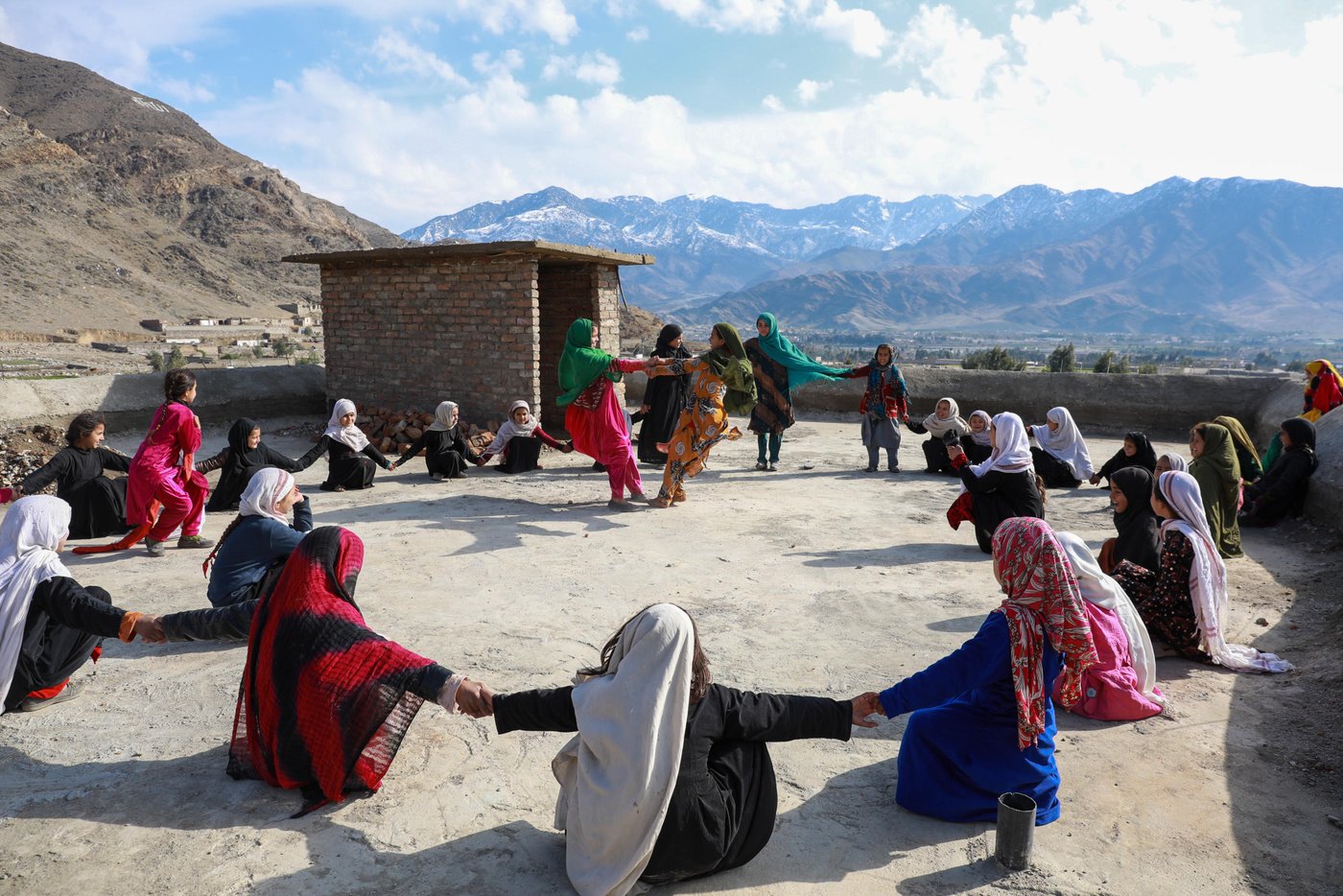The author has chosen to remain anonymous.
***
You asked me how I think I can contribute to transforming the lives of other women in Afghanistan during these difficult times. I have thought long and hard about my role in changing others’ lives. Many things come to my mind…
But I’ve decided to tell you about the contributions I can make that are the most private, sensitive and touching for me. Despite my concerns that it will be misunderstood by the outside world. Simply because doing so is the most natural thing for a woman of my age to do.
Since I was born everything has been a struggle. My life was planned for me. My parents were closely monitoring my progress ahead of every stage of my life. They impatiently waited for me to start crawling, walking, speaking. They made sure I was safe, well fed, and healthy. Everything seemed beautiful then…
Until I found out that this phase was only a mandatory and preparatory step for the important phase – the purpose of my existence. I realised it so suddenly, so forcefully…
As soon as I turned 13, I learned that I was now eligible for the household chores. It was never my favourite activity, but I didn’t mind it very much. Seeing my other sisters do it made it more acceptable. But I never understood why my brothers were fully exempt. It was the first time I was told never to compare myself to men. I did not like it, but little did I know that the household chores were just the beginning. I was not yet 18 when the conversations on the shiny golden phase began – the marriage phase. A phase that I have miraculously managed to prolong for 11 years now.
Of course, this avoidance made me the favourite topic of gossip in the neighbourhood. The girl in her late twenties who is not yet married. The girl who is working with international organisations and studies in private schools. It was very hard to explain my feelings at that time. But now I know that the overwhelming feeling was a sense of victimisation, oppression and lack of justice.
This feeling went on for a long time. I thought that nothing could be as bad as this. Until I experienced the feelings of today – the day where girls in Afghanistan are no longer allowed to study.
If I were to describe how I feel now, it would be a combination of privilege (to have studied when I had the chance), layered with guilt that other girls just like me are not able to. Also, helplessness. Helpless when I look at my younger sisters without the power to change anything. And finally, the questioning of whether I am deserving. I have this advantage now. I am among the last generation of educated women in Afghanistan. What does this mean? Are educated Afghan women at risk of extinction? What is my responsibility?

I start with myself. I read as many books as I can. In my heart, I reflect on some advice I got from one of my favourite teachers and role models. She used to say: “Seven hours of sleep are a waste of time when you can use two of those to read, while you still legally and culturally can.”
Turns out, she was right. Once that day came, that was when I went one step further. I started teaching my sisters everything I knew, sharing the blessing. Slowly but steadily, witnessing them repeating the things that I’ve taught them was, to me, the most fulfilling transformation in the world.
I knew then that I wanted to take this further. I worked with one of the most active international humanitarian organisations in the world – one that advocated for education. I was in a place where I could witness the community-wide transformation with my own eyes. Working with an organisation that is protected within the framework of humanitarian principles. I am finally there; I found the way, and nothing can take this away from me.
On 24 December 2022, the Taliban de facto government issued a country-wide decree which bans all women from working. Starting with humanitarian organisations. One of the biggest shocks of my life. But from the previous shocks, I have learnt that nothing can be done to stop me from working with others, from speaking, from learning. The world has been tough on me, but it has made me equally tough.
I won’t give up. I will overcome this. And I am ready for whatever comes next.


